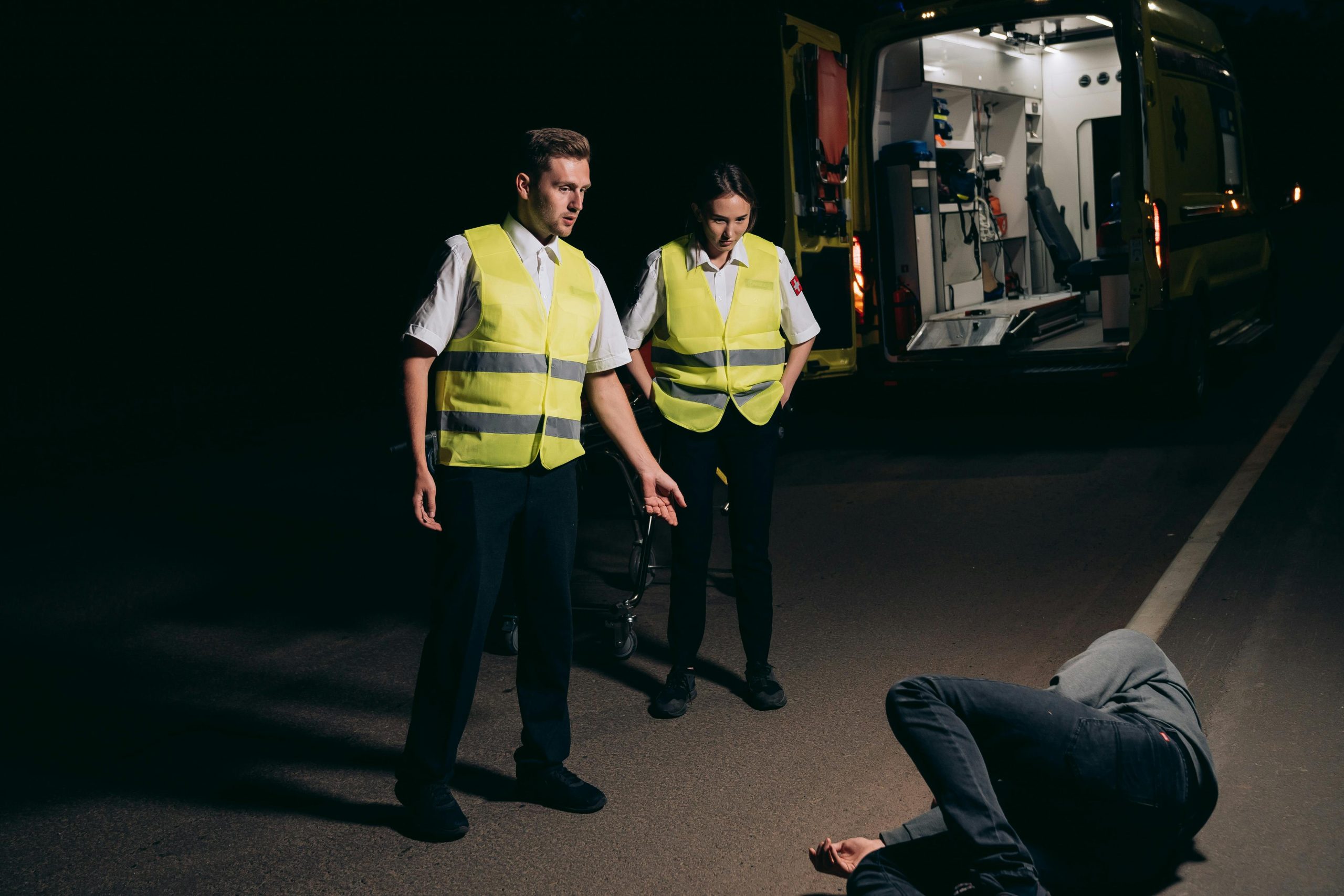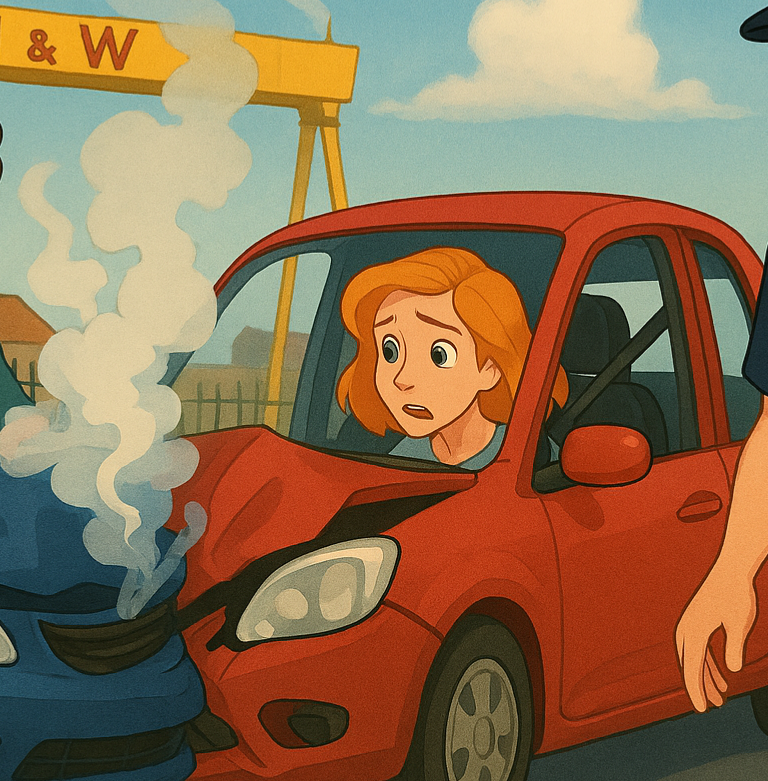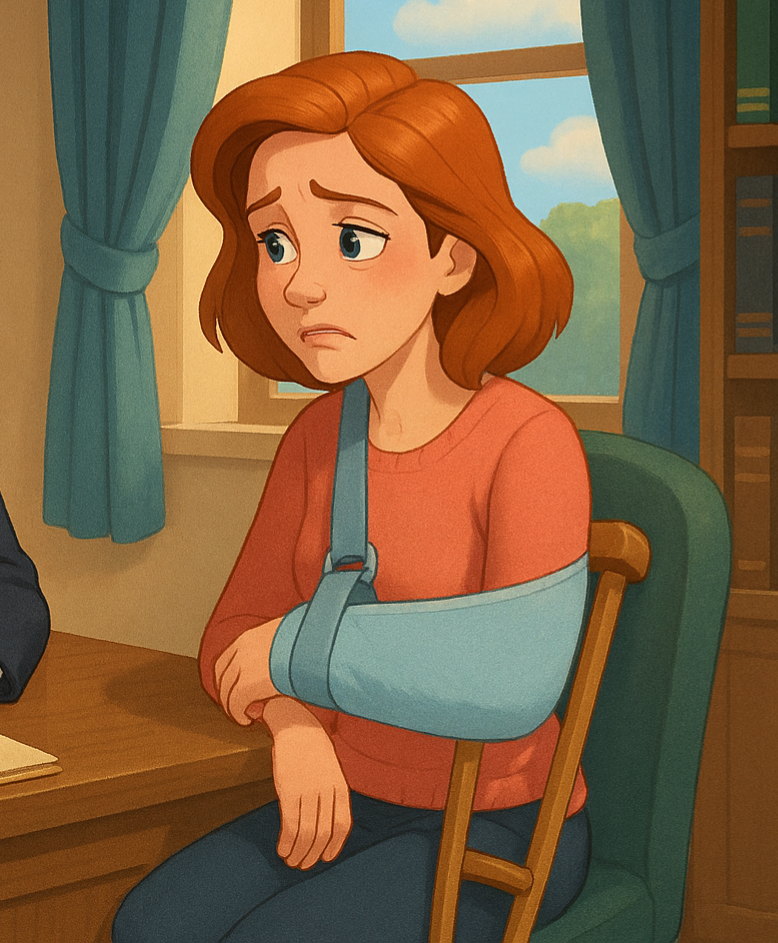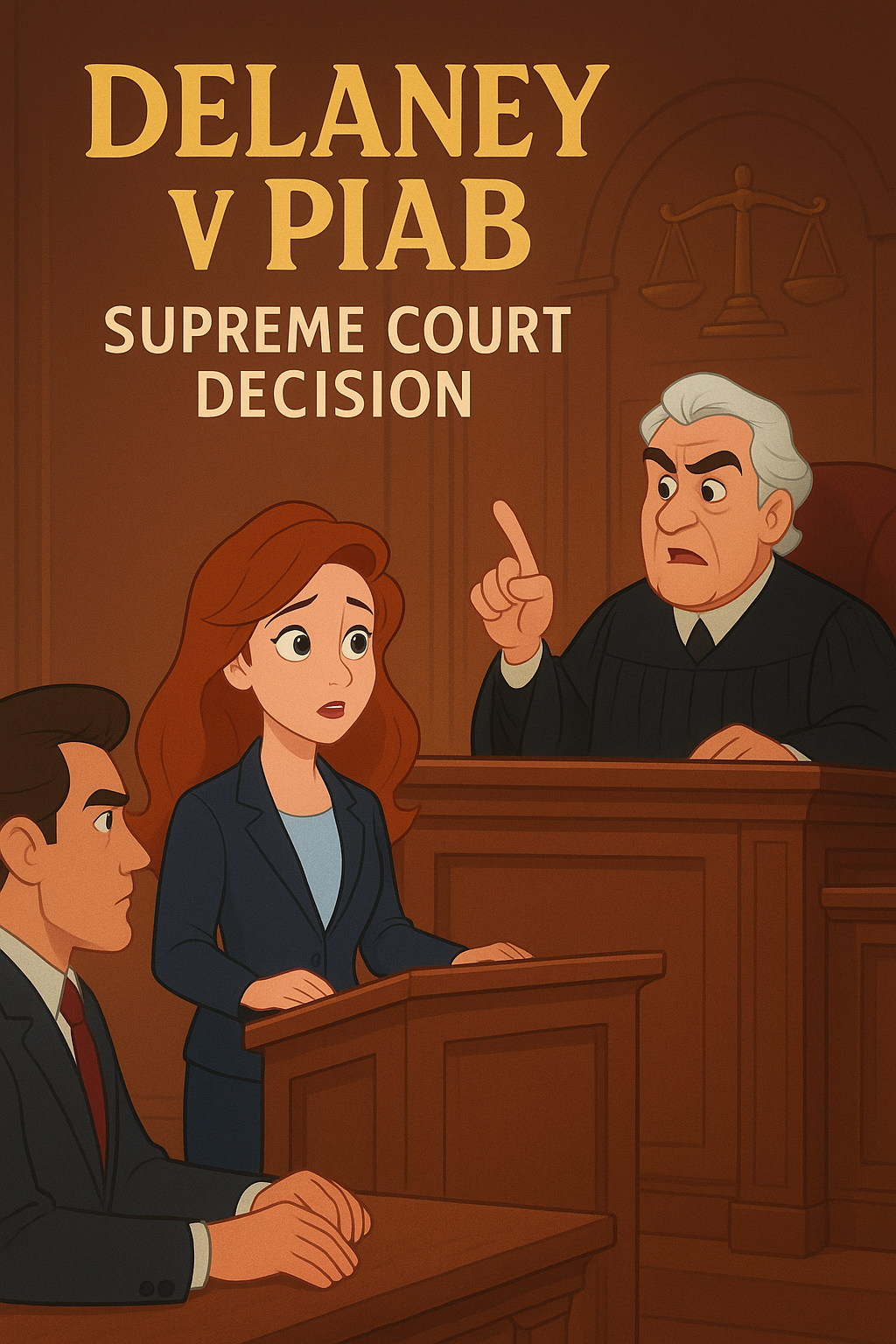NI work accidents occur when your employer fails to make your workplace a safe working environment. Work accidents can have serious repercussions, leaving you unable to work, losing income and in pain.
Making a claim for compensation will help you recover your losses after a trip, fall, fall from height, manual handling accident, or any other form of accident at work. Lacey Solicitors are an experienced team able to provide you with representation to guide you through your work accident claim.
Here is what you need to know about NI work accident compensation claims before you begin.
Eligibility: Are You Eligible for a Work Accident Claim?
Before you can bring a claim for compensation after an accident at work, you must meet the conditions which make you eligible. Firstly, you must make the claim within three years of the date of the workplace accident. Next, you must prove that your accident happened due to a third party’s negligence.
How Much Compensation Can You Get for a Work Accident in Belfast?
Medical expenses, any lost income, and the price allocated to your pain and suffering are all considered when you make a claim for compensation after an accident at work. The level of compensation awarded to you in respect to your pain and suffering varies but is designed to measure the hardships you have endured thanks to your NI/Belfast accident.
How Do You Start a Claim for a Work Accident in NI?
From Antrim to Fermanagh the process for making a claim for compensation after a workplace accident in NI is the same. The process for making a claim is as follows:
- Make yourself safe and ensure the safety of others.
- Seek medical attention to address your immediate injuries.
- Report your accident, including using an accident book to record it within the workplace. This should stop the accident happening to one of your colleagues.
- Contact a work accident claims solicitor near you.
- The solicitor will investigate the accident and give you some preliminary advice.
- Your solicitor will need a medical report on your injuries and will send you to a Consultant for an examination and prognosis.
- Your solicitor will obtain an admission of liabilty and will enter into negotiations with the third party.
- If negotiations are sucessful, the claim will resolve and you will receive the compensation.
- If negotiations are unsucessful your solicitor will advise you on the next steps.
No Win, No Fee Solicitors for Work Accident Claims in NI?
Many people are unaware that no win, no fee agreements are prohibited within Northern Ireland. While no win, no fee compensation claims might be the norm in England and Wales, they do not apply in Northern Ireland.
Any solicitor in NI acting on a no win no fee basis may be doing so unlawfully.
If you are successful in your claim, then your court or solicitor costs will be covered by the other party involved.
Experienced Work Accident Claim Solicitors Near You
Whether you live in Armagh or Derry or Cork you can find the help you need through Lacey Solicitors. We can give you expert guidance and insider knowledge on how to proceed after an accident at work. If you have been injured by a work vehicle, have mishandled hazardous substances due to lack of training, or are injured using poorly maintained equipment, you may be eligible to make a claim.
Contact Lacey Solicitors using our Online Portal and a Solicitor will contact you within 24 hours to discuss your claim.
















